Question: German Strawberry Varieties?
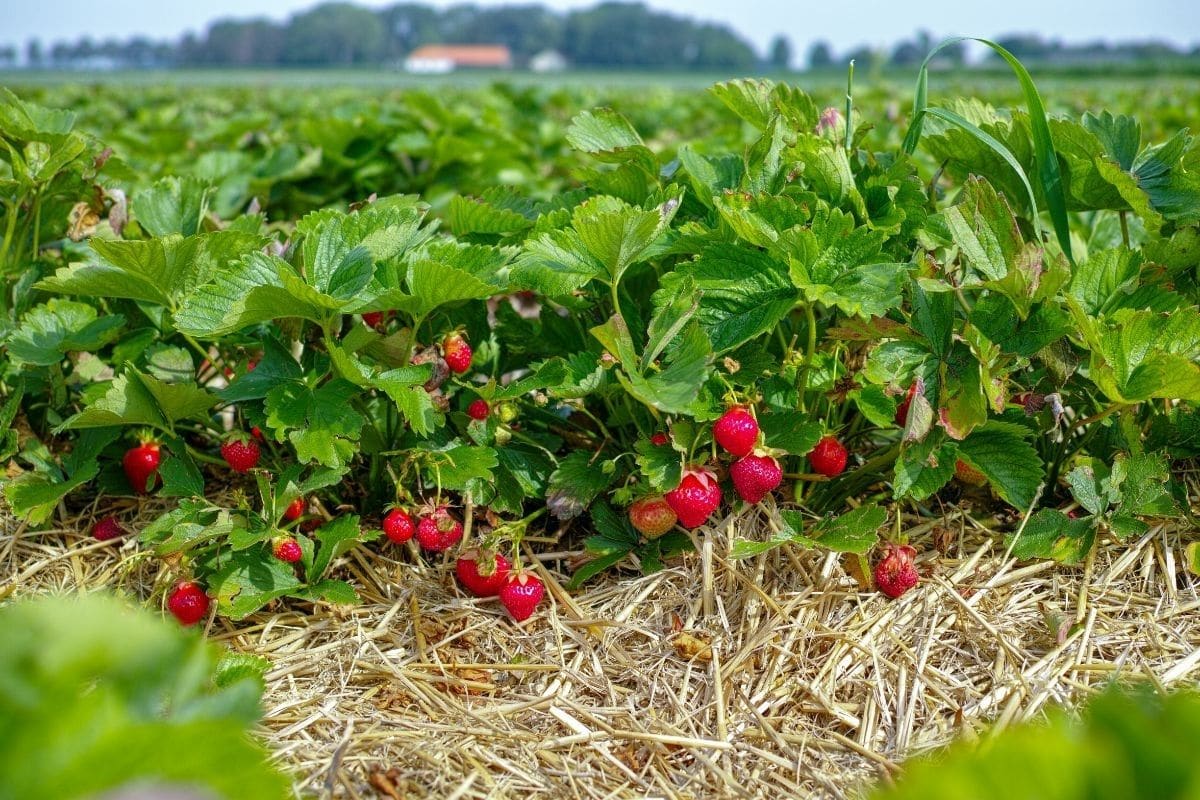
Calvin Messing asked:
We were recently in Germany and picked and ate fresh strawberries. The berries were similar to what we grow here (Michigan – Sparkle variety) but not the same. The taste was a little different and the berries were very sweet, much sweeter than anything tasted in the US. They also seemed very soft and fragile – but very sweet. We were in southwestern Germany, near Ludwigshafen. Can you identify the probable variety? Can they be grown in Michigan? The berries looked a little like wild strawberries but were as big as or bigger than the Sparkle variety.
Answer to: German Strawberry Varieties?
Calvin,
Thanks for stopping by! The strawberries you found in Germany would likely grow here as well, although possibly not optimally. As many of the commercial varieties have been bred to increase the firmness, my guess is that the softer, sweet strawberries you had may have been everbearers or alpine strawberries. One of the commonly grown varieties is Baron Solemacher. Other German strawberries that may be possibilities are Macherauchs Dauerernte, Ada Herzberg, Alpine Riigen, St. Jean, Herzbergs Triumph, or Hummi Trisca.
Interestingly, a lot of the strawberry plants you will find in various countries are somewhat restricted by import/export policies. As such, it can be difficult getting European strawberry varieties into the U.S.A. (see the Shipping Strawberry Plants page for more details). But, good luck on your quest! If you want to see which strawberry varieties are available for online ordering in the U.S.A., you can visit the easy-to-navigate Buy Strawberry Plants directory (or jump straight to the specific variety you mentioned, Sparkle).
This is a question submitted to StrawberryPlants.org by a reader. See the Strawberry FAQ for more questions and answers.

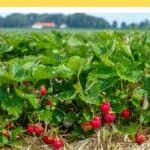
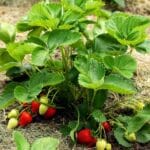
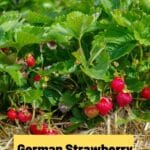

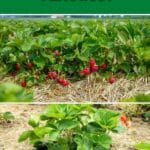
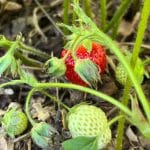

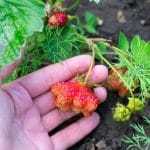
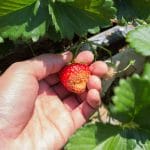
Raj says
Where can I buy strawberry seeds in Germany?
Frank Van Laethem says
My dad bought a variety of German strawberry plants back in Belgium in 1955 I was impressed with a purple variety very sweet with white flesh but not commercially viable to few berries, would you have heard of this plant, thank you.
Mr. Strawberry says
Frank Van Laethem,
I am unsure of any varieties that were purple in the 1950s, but that one may have been an ancestor to the more recent purple varieties. Good luck!